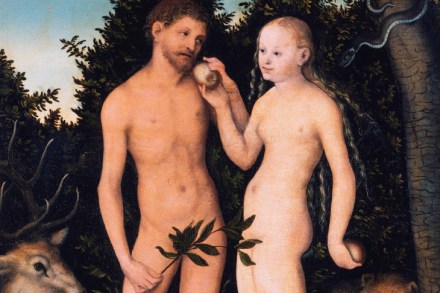Books of the Year | 16 November 2017
Daniel Swift I spent too much of this (and last) year reading anaemic updatings of Shakespeare plays: pale novels which borrowed plots and missed points and, oddly, always misunderstood the minor characters. After these, Preti Taneja’s We That Are Young (Galley Beggar Press, £9.99) came as a relief and a surprise. Her novel is big,




















